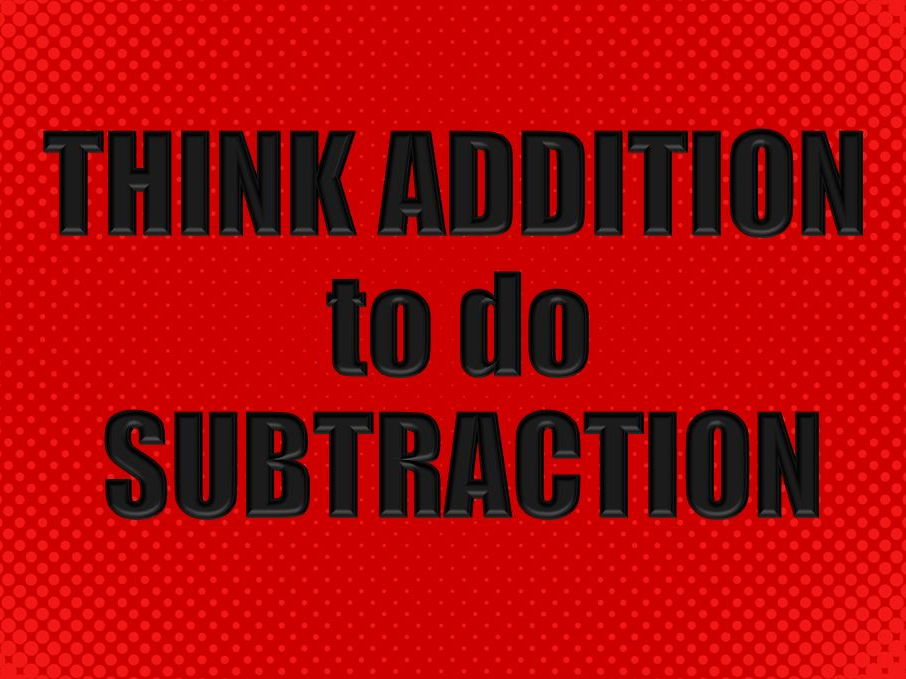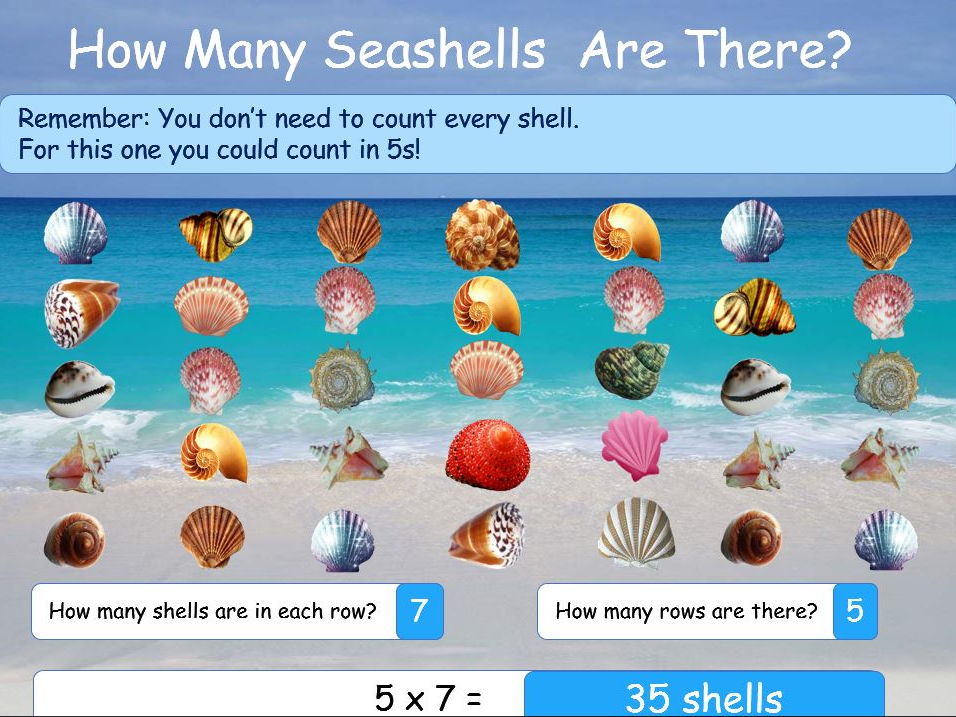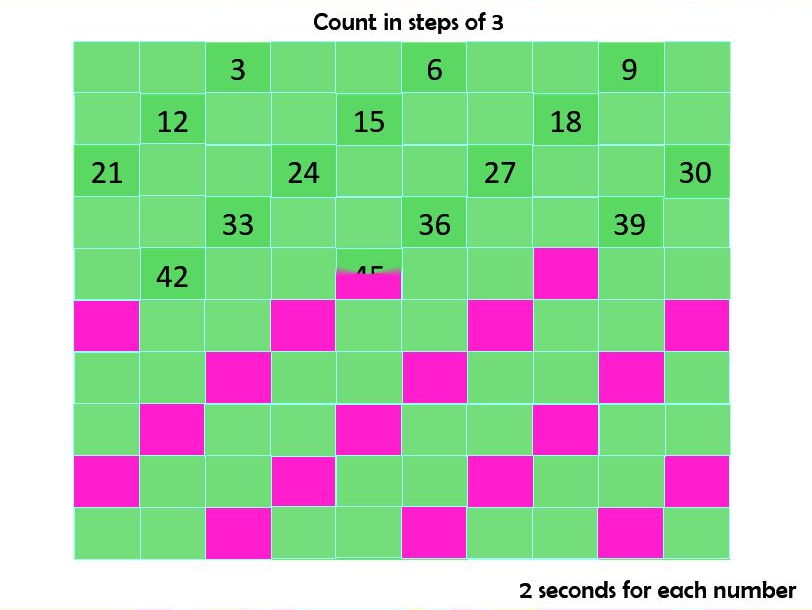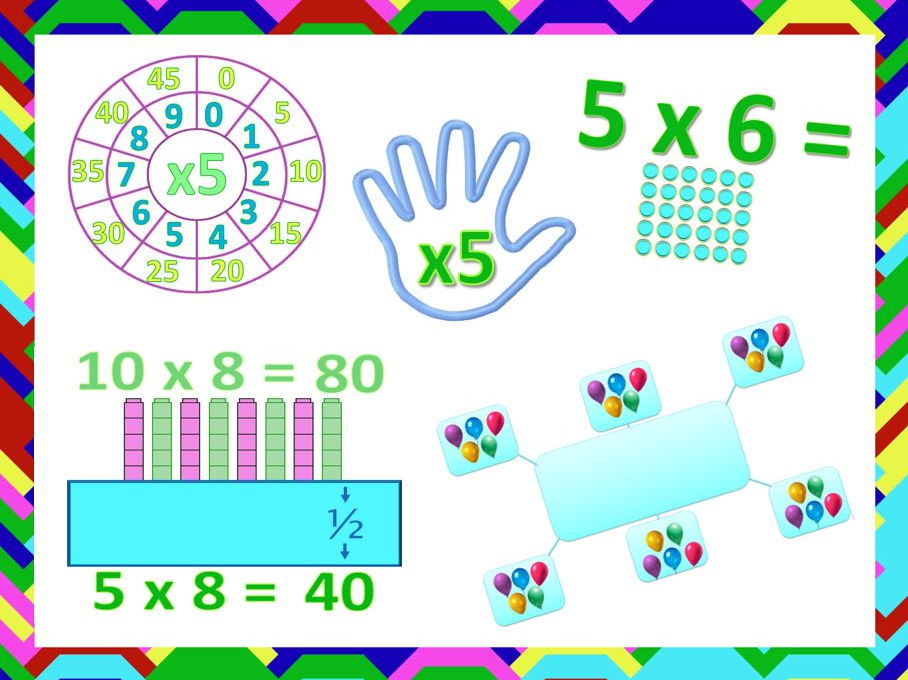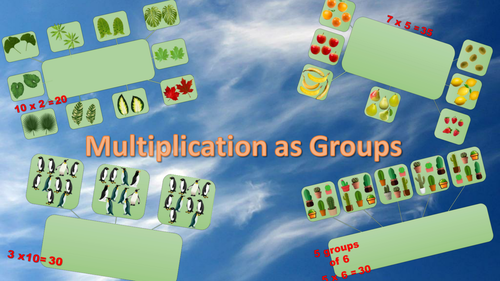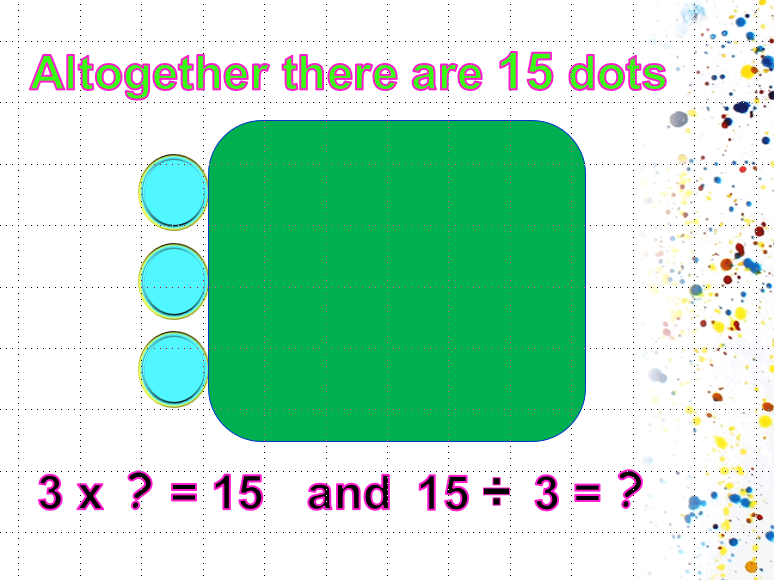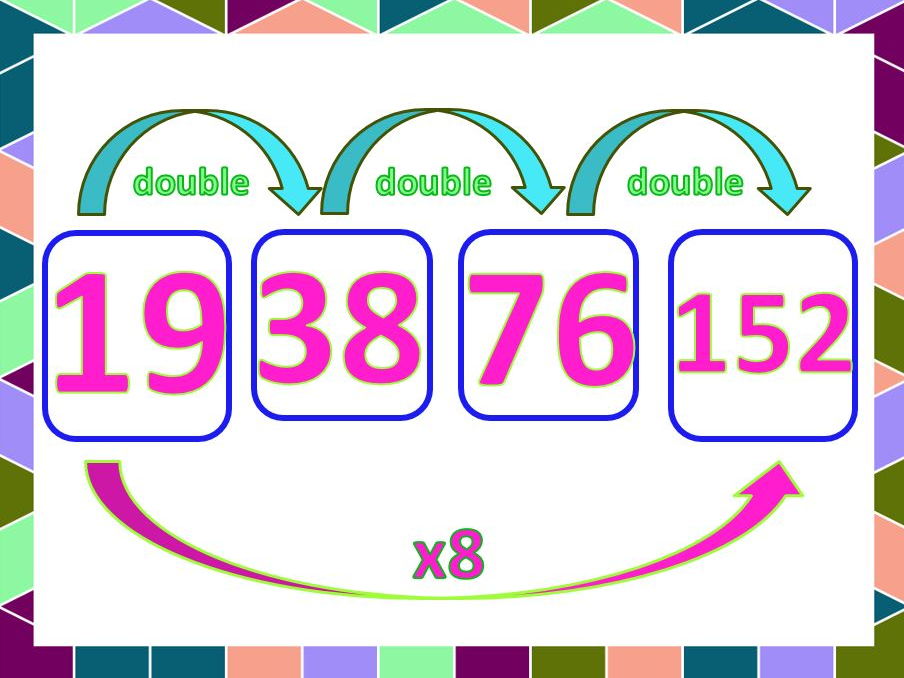401Uploads
1757k+Views
2407k+Downloads
Mathematics
Sale

Mental Strategy for Subtraction
Think Addition Strategy to do Subtraction mental math 2 Presentations & 8 Worksheets -
Think-addition-to-do-subtraction is a mental math strategy that introduces students to the concept that there is an inverse relationship between addition and subtraction. You think of an addition fact in the same fact family. For example, you can solve 10 - 4 = ? by thinking 4 + ? = 10 and knowing that 4 + 6 = 10.
I made these two PowerPoints to help my grade 3 class (ages 8 & 9) with the think-addition strategy. Many of my students this year are slow to recall number-bond facts, and therefore this has hopefully helped them to see the inverse relationship between addition and subtraction. Could well be used in earlier grades.
1 PowerPoint of 25 sums with matching circles being added and taken away: mainly for subtraction sums between 10-20, but also has 4 slides for facts to 10.
Slides can of course be hidden and order rearranged.
2nd PowerPoint of 20 larger sums with no circles: variety of examples within 100.
Comes with seven subtraction think addition worksheets in PDF format of increasing difficulty, and 1 editable microsoft word worksheet.
Sale

Division as Inverse Multiplication
Inverse multiplication division for fours facts and eights facts.
Division as inverse of double-double (dividing by 4) and halve, halve, halve (dividing by eight).
Also with input-output table worksheet to use with ones blocks for 3’s and 4’s facts.
Plus multiplication - division colour matching for all facts.
Differentiated worksheets (LA/MA/HA)
Sale

Pi Day Reading
Pi Day Reading Comprehension Worksheet - Learn about the History of Pi Day
Celebrate Pi Day with this Pi Day Reading Comprehension Worksheet. This double-sided worksheet provides comprehensive information about the origins of Pi Day, including the history of Pi Day, what Pi is and how it is calculated, Pi math jokes, Pi Day traditions and customs, and fun facts about Pi.
The worksheet is designed to improve reading comprehension skills and includes two levels of differentiated questions to cater to all learners (higher: 16 questions, lower: 10 questions). Additionally, the worksheet includes a SAT-style multiple-choice question sheet.
Pi Day Reading Comprehension Worksheet is the perfect educational resource to celebrate Pi Day and learn more about the significance of mathematics and science. Deepen your understanding of Pi and have fun while doing it
Sale

2 Digit by 1 Digit Multiplication
Grid Method / Place Value PowerPoint uses arrays and smiley faces to show the mental multiplication strategy of using place value and knowledge of multiplication to work out a 2-digit number by a 1-digit number - with exchange (such as 8 x 35, 9 x 33 etc.).
No text to read or get distracted by.
12 examples which build from 4 x 18 & 3 x 22 on the first two slides up to 9 x 33 & 8 x 83 on the last two slides.
All slides follow the same animations:
*Array and multiplication problem is shown.
Confused smiley bounces in (teacher explains that if you don’t know your 83 times table you’re going to be confused)
*array changes to show place value calculations.
*Confused face is replaced by a happy face as he can now do the multiplication problem.
12 examples clearly help grade 3,4 or 5 students master and understand this important skill.
With matching differentiate worksheets for multiplying 2-digit number by a 1-digit number.
Sale

Amazing Arrays
The seaside themed PowerPoint explains and shows what an array is, with fun seaside and beach illustrations, arrays using circles, clear examples, top tips for saving time e.g. counting in 2s, 5s and 10s.
(Please see video for a 8 second per slide run through of the PowerPoint, actual PowerPoint is far smoother and controlled via right click to begin each animation, giving time for explanations and children to think and answer)
Also included a fun, introductory array cut-match-stick worksheet (2 version: one at a lower level and one slightly harder)
Sale

Division and Multiplication / Combining and Sharing Objects
Input-Output Tables to help relate multiplication and division.
PowerPoint focuses on building a connection between multiplication and division operations using an active model to reinforce the connection between the two operations.
Visual of the relationship between division and multiplication using input and output tables to show that division is sharing and multiplication is combining.
The PowerPoint is designed to encourage students to combine equal groups of clipart images to make a total (multiplication), as well as share a collection to form equal groups (division).
The PowerPoint uses a variety of public domain clipart images to act out a multiplication or division problems to encourage students to determine the total and reverse the action to determine the quotient and vice versa. Your students can make up little stories to help them understand each operation.
x3/÷3 & x4/÷4 Facts used (28 slides).
Includes differentiated worksheets for 3’s and 4’s facts
Sale

Three Times Table Trick
Three rimes table trick with arrays to help with the three times table multiplication strategy .
This clear, step-by-step and helpful PowerPoint will help students learn that multiplication by 3 can be done by doubling and adding another set.
e.g. to calculate 3 × 14:
first double 14 getting 28, then add another 14, (to get 3 times 14) which is 42.
21 Examples are presented (from 3 x 2 up to 3 x 21) in order, or from a hyperlink menu.
Each slide shows the sum and a confused face,
Then two lines of the matching array (showing the doubling array)
Then another set (another line of the array) is added
Whilst the matching thought process is shown with clear sums.
Finally everything apart from the x3 sum and array dissolve out, leaving just the sum, the answer and the x3 array.
Each part of the thought multiplication strategy is presented when you click the mouse, giving students time to work out and explain each step.
Includes 3 level differentiated mathcing sylte worksheets and skip counting x3 worksheets.
Also see my Multiplication Strategies pack which includes this trick and other common multiplication strategies
https://www.tes.com/teaching-resource/mental-multiplication-strategies-11756501
Bundle Sale

Pi Day Bundle
Pi Day Fun!
Differentiated magic numbers logic/math activities AND reading comprehension worksheets for Pi Day.
Sale

Three Times Table Multiplication PowerPoint x3
Made for my year 3 class who are just starting to formally learn their times-tables.
Highly visual, interactive slides with arrays of dots, hundred squares, step counting, and various sum flashcards;
PowerPoint activity/presentation progressing in this slide order:
Counting in steps of three up to 102 from 0.
Repeated addition/counting up in 3s to 190 on click
Repeated addition/counting up in 3s to 190 automatic timed steps
100 square count in steps of three with pattern being revealed (2 secs each step).
100 square count in steps of three with pattern being revealed (1 sec each step).
3 times table with array in order
3 times table in order no array
3 times table out of order with array
3 times table out of order no array
3 times table, out of order, no array x24 questions
3 times table - see answer - give sum, out of order with array
3 times table - see answer - give sum, out of order no array
Includes differentiated worksheets.
Sale

Five Times Tables - Groups, Arrays, Wheels, Tricks & Tips
Five times table with doubling and halving (multiply by 10 and halve strategy)
Step counting, Visual Animated Grouping, Arrays, Flashcards, Tips and Tricks.
All accessible from the main menu linking to each of the following elements:
1) Step counting hands (0-100)
2) Step counting flashcard (0-200)
3) Visual animated grouping of objects (1x5 up to 10x5) using ice-cream, balloons, fidget spinners, coffee cups, - Make a story to go with the visual
4) Arrays of dots with accompanying sums
5) Flashcards of sums in order, then another slide out of order.6) See product:give sum flashcards
7) click-to-show missing answer multiplication wheels (9 versions)
8) Slide that clearly shows product of times five always ends in a zero or a five; with two fix digits and flying in and out tens number
9) Visual explanation of the Multiply by 10 and Halve it trick: unifix cubes of x5 shown with a confused smiley, then unfix cubes showing x10 shown with a happy smiley, which is in turn covered to show that students can think times ten and then halve the answer to get the x5 answer.
Includes differentiated multiply by ten and halve worksheets
Sale

Doubling and Halving Using Partitioning
Doubling and halving using partitioning for 2, 3, & 4 digit numbers.
Doubling and halving frames differentiated worksheets.
Doubling related to multiplying by 2 and halving related to dividing by 2 with matching sum.
Includes blank versions for further differentiation.
Includes x2 times table PowerPoint with numerous animated slide pages, 1 page of which represents x2 as doubling.
Sale

Double-Double-Double Strategy Multiplication Eight Times Table
Eight Times Table trick of double-double-double.
PowerPoint with an animation showing the double-double-double strategy to help students work out answers when multiplying by 8.
Starts with some easier multiplications (1x8, 2x8, 5x8, 3x8),
Then covers all the x8 facts upto x12,
Then has some trickier numbers to multiply (two digit and three digits)
Includes 7 matching style differentiated worksheets
Also see my Multiplication Strategies pack which includes this trick and other common multiplication strategies;
https://www.tes.com/teaching-resource/mental-multiplication-strategies-11756501
Sale

Multiplication Repeated Addition Arrays
Repeated addition, arrays and multiplication resources to help children understand the concepts of repeated addition, arrays and multiplication.
2 PowerPoints (2 facts & 5 facts) clearly demonstrate repeated addition and logically introduce groups of items, and then arrays.
Includes 12 worksheet activities thoughtfully designed to allow students to develop repeated addition and multiplication skills and understanding.
Worksheets include matching activities, cut and sticks, drawing, a booklet to make arrays and other helpful activities. (Most examples focus on the 2s, 5s and 10s facts - some worksheets are differentiated with more challenging examples)
Perfect for years 1 and 2.
Sale

Multiplication as Groups
Visual Multiplication. See video.
This PowerPoint is designed to introduce young students to multiplication visually with the use of multiplication input tables.
All facts for the 2, 5 and 10 times tables presented plus 16 other mixed facts. A total of 43 multiplication examples.
Different clipart themes for each of the 43 examples allowing for different story scenarios.
(e.g. 3x5 uses 3 types of birds with 5 birds in each group)
Matching turnaround facts are linked to from each slide.
Chosen facts can be directly jumped to from menu slide.
Multiplication sum, movement of items from small groups to one large group, and answer controlled by click of the mouse.
Designed by a teacher and used in real grade 1 and 2 classrooms.
Sale

Division Array PowerPoint - Think Multiplication Strategy
An introduction of the ‘think multiplication strategy’ to help with division.
An animated, interactive PowerPoint presentation with arrays of dots to help students visualize related multiplication and division facts.
A partially covered array showing only the number of rows in an array, but not the number of dots in each row is shown, along with a matching fact statement (e.g. “Altogether there are 40 dots”)
Students are encouraged to give the multiplication sentence AND related division sentence using the information shown (total number of dots & number of rows/groups) that helps work out the array proportions. e.g. 5 x ? = 40 and 40 ÷ 5= ?. 14 example arrays.
Includes 3 level differentiated division / multiplication worksheet in same style, plus colour matching facts for all tables x2-x10
Sale

Doubling-and-Halving Strategy to Multiply (with Arrays)
A PowerPoint which introduces the ‘Doubling-and-Halving Strategy for Multiplication’.
This PowerPoint uses an array to show the multiplication strategy of doubling one factor and halving the other factor to help to work out some multiplication problems. Doubling and halving is therefore related to thinking that ‘restructures’ an array to make it more manageable to multiply (e.g. 3 × 18 = ___ can be rewritten as 6 × 9 = ___).
Very visual resource which helps students see that the total number of circles in an array (the product) stays the same when an array is cut and rearranged.
No text: so recommend that the teacher walks through the first couple of example slides and then students verbally explain the following examples to their peers.
Order of animations:
Tricky array and sum is shown.
Confused smiley bounces in. (explain here that if you don’t know your 15 times table etc. this could be hard)
Scissors appear and cut the array - array restructures into simpler array (double of one factor/half of the other)
New corresponding sum appears - click & answer is shown
Array restructures to first formation and tricky sum is shown again
As the total number of circles has remained the same throughout the sequence the answer should be obvious :-)
I use it alongside other strategies so that it is presented as an option for mental computation involving multiplication.
Sale

Four Times Table Multiplication PowerPoint with Double Double Strategy
4 times multiplication with double-double strategy. To help learn four times table.
Highly visual, interactive slides with arrays of dots, hundred squares, input-output machine, step counting, and various sum flashcards.
PowerPoint activity/presentation progressing in this slide order:
Counting in steps of four up to 100 from 0.
100 square count in steps of four with pattern being revealed (3 secs each step).
100 square count in steps of four with pattern being revealed (2 sec each step).
100 square count in steps of four with pattern being revealed (1 sec each step).
Double Double Machine (with reinforcemnt of relationship x4)
4 times table in order with array
4 times table in order with no array
4 times table out of order with array
4 times table out of order with array (24 questions)
4 times table - see answer - give sum, out of order, no array, 24 questions
Includes differentiated double-double worksheets
Sale

Clockwise and Anticlockwise Turns
Position, direction and movement, anti-clockwise, clockwise, fractions of turns
*Review clockwise and anti-clockwise turns by means of animated images of clocks and 11 other fun animated revolving images.
*Learn quarter, two-quarter/half, three-quarters and four-quarters/whole fractions of a circle
*simple following instruction game to review clockwise and anti-clockwise quarter, half, three-quarter and whole turns prior to or after watching a birds-eye animated image of a man standing on a divided circle making animated turns.
*In pairs practice turning a pencil clockwise and anti-clockwise quarter, half, three-quarter and whole turns prior to or after viewing an example.
PowerPoint whole-class teaching resource
Two page worksheet (in word & PDF format) using the same pencil turns image to consolidate learning.
Sale

Mental Subtraction Strategy
Compensation Strategy for Mental Subtraction.
By visually illustrating the mental subtraction strategy of compensation by using moving base ten blocks and a bin my students where able to better understand how answers are adjusted by adding back or subtracting more and therefore compensating for the rounding which made the question easier.
PowerPoint includes 5 examples with base ten blocks and 5 matching slides with matching sums but just the thought process and 2 additional examples without base ten blocks to help learners move from a pictorial representation to an abstract one.
Download includes a double sided worksheet based around the PowerPoint teaching.
Sale

Mental Multiplication Strategies
8 Mental Strategies for Multiplication
These thoughtfully made PowerPoints are carefully designed to help students grasp commonly taught multiplication strategies ( and tricks) for x0, x1, x2, x3, x4, x5, x8, and x9 times tables. Ideal for years 3 and 4, but also helpful for year 5 and 6.
To multiply by 2 = double the number
To multiply by 3 = double the number and add a set
To multiply by 4 = double, then double again.
To multiply by 5 = multiply by 10 then halve
To multiply by 8 = double-double-double
To multiply by 9 = use your fingers/ the digits of answer added = 9
To multiply by 0 = the answer is always 0
To multiply by 1 = the answer is always that same number.
All the PowerPoints include examples to 12 and extensions to large multiplications to show that the strategy really comes in useful for doing tricky mental multiplication.
Please see video for a taster.
All slide animations are activated when you click the mouse, giving teacher and student thinking and explaining time. Video is sped up to get through the examples.
Includes some supporting, differentiated worksheets

